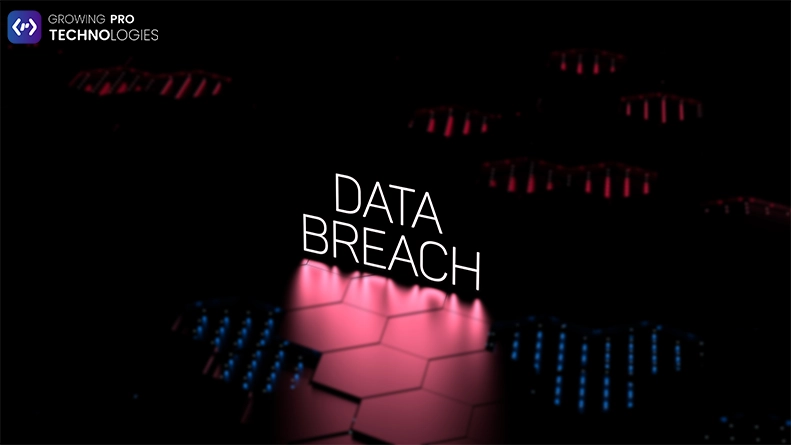Web3 Identity: Taking Back Control from Big Tech

- July 9, 2025
- AI/ML development technology services usa
The digital identity landscape is undergoing a significant transformation. For years, tech giants have controlled how users create, manage, and share their online identities. Centralized servers store personal data, and companies monetize this data without user consent. Web3 Development Technology Service Provider ecosystems challenge this paradigm by offering a decentralized identity framework, empowering users to own and manage their digital presen ce securely.
Recent Post
 January 19, 2026
January 19, 2026Domain-Driven Design (DDD) in Enterprise Software: Real-Worl...
 January 14, 2026
January 14, 2026SaaS Multi-Tenant Architecture: Performance, Security, and S...
 January 13, 2026
January 13, 2026Composable Commerce: The Future of Custom eCommerce Developm...
 January 15, 2026
January 15, 2026How can VAPT prevent data breaches before they happen





